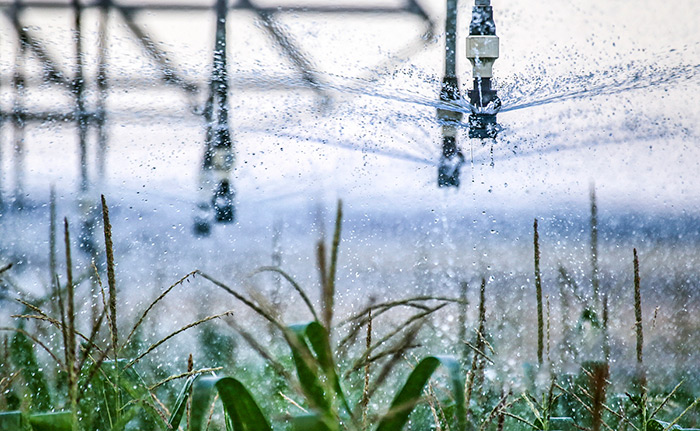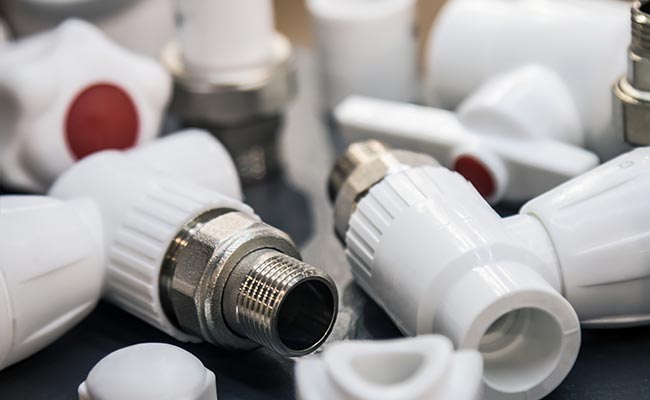You see a PVC ball valve, and its low price makes you hesitate. Can a piece of plastic really be a reliable part for my water system? The risk seems high.
Yes, high-quality PVC ball valves are not just good; they are excellent and highly reliable for their intended applications. A well-made valve from virgin PVC with durable PTFE seats will provide years of leak-free service in cold water systems.
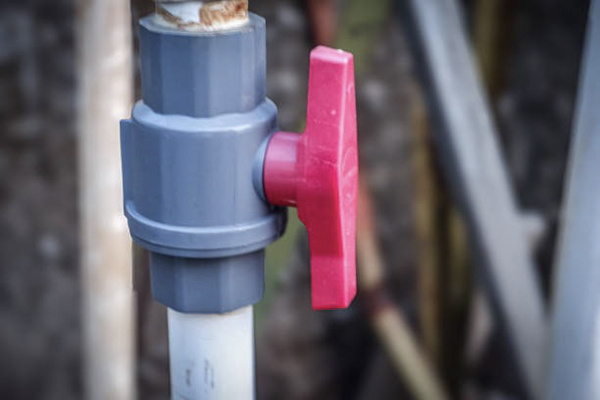
I run into this perception all the time. People see “plastic” and think “cheap and weak.” Just last month, I was talking with Budi, a purchasing manager I work with closely in Indonesia. One of his new customers, a farm cooperative, was hesitant to use our PVC valves for their new irrigation system. They had always used more expensive metal valves. I encouraged Budi to give them some samples. Two weeks later, the customer called back, amazed. Our valves had been exposed to fertilizers and constant moisture without a single sign of the corrosion that had plagued their old metal valves. It’s all about using the right material for the job, and for many jobs, PVC is the best choice.
How long will a PVC ball valve last?
You’re designing a system and need to know how long your parts will hold up. Constantly replacing failed valves is a waste of time, money, and is a huge hassle.
A high-quality PVC ball valve can easily last for 10 to 20 years, and often much longer under ideal conditions. Its lifespan depends heavily on manufacturing quality, UV exposure, water chemistry, and how frequently it is used.
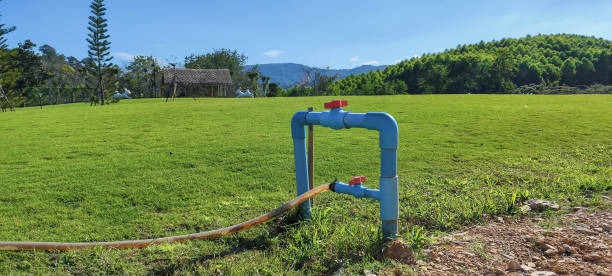
The lifespan of a PVC valve isn’t just one number; it’s a result of several factors. The most important is the quality of the raw material. At Pntek, we insist on using 100% virgin PVC resin. Cheaper valves use “regrind,” or recycled plastic, which can be brittle and unpredictable. The second biggest factor is application. Is it indoors or outdoors? Standard PVC can become brittle over time with direct sun exposure, so we offer UV-resistant options for those applications. Is the valve being turned once a day or once a year? Higher frequency will wear the seats and seals faster. But for a typical cold water application within its pressure rating, a well-made PVC ball valve is a true long-term component. You can install it and forget about it for years.
Factors That Affect PVC Valve Lifespan
| Factor | High-Quality Valve (Longer Life) | Low-Quality Valve (Shorter Life) |
|---|---|---|
| Material | 100% Virgin PVC | Recycled “regrind” PVC, becomes brittle |
| UV Exposure | Uses UV-resistant materials for outdoor use | Standard PVC, degrades in sunlight |
| Seals & Seats | Smooth, durable PTFE seats | Cheaper rubber (EPDM) that can tear or degrade |
| Operating Pressure | Operated well within its stated pressure rating | Subjected to pressure spikes or water hammer |
How reliable are PVC ball valves?
You need a part you can absolutely depend on. A single valve failure can bring your entire operation to a stop, causing delays and costing a fortune to fix.
For their intended purpose—cold water on/off control—high-quality PVC ball valves are extremely reliable. Their reliability comes from a simple design with few moving parts and material that is completely immune to rust and corrosion, the primary failure points for metal valves.
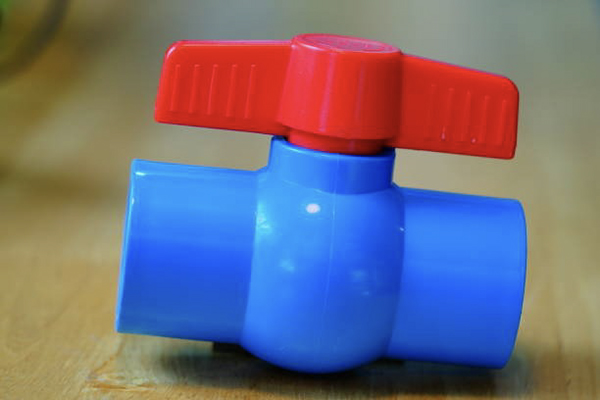
A valve’s reliability is about more than just its strength; it’s about its resistance to common failures. This is where PVC excels. Think about a metal valve in a damp basement or buried outdoors. Over time, it will corrode. The handle might rust, the body might degrade. A PVC valve is immune to this. Budi once sold our valves to a coastal aquaculture business that was replacing brass valves every 18 months due to saltwater corrosion. Five years later, our original PVC valves are still operating perfectly. The other key to reliability is the design of the seals. Cheap valves use a single rubber O-ring on the stem. This is a common leak point. We designed our valves with double O-rings, providing a redundant seal that ensures the handle won’t start dripping. This simple, robust design is what makes them so trustworthy.
Where Reliability Comes From
| Feature | Why It Matters for Reliability |
|---|---|
| Simple Mechanism | A ball and a handle have very few ways to fail. |
| Corrosion-Proof | The material itself cannot rust or corrode from water. |
| Virgin PVC Body | Ensures consistent strength with no weak spots. |
| PTFE Seats | Low-friction material that provides a long-lasting, tight seal. |
| Double Stem O-Rings | Provides a redundant backup to prevent handle leaks. |
Which is better brass or PVC foot valves?
You’re setting up a pump and need a foot valve. Choose the wrong material, and you could face corrosion, damage, or even contaminate the very water you’re trying to pump.
Neither is universally better; the choice depends on the application. A PVC foot valve is better for corrosive water and cost-sensitive projects. A brass foot valve is better for its physical strength against impact and for higher pressure or temperature.
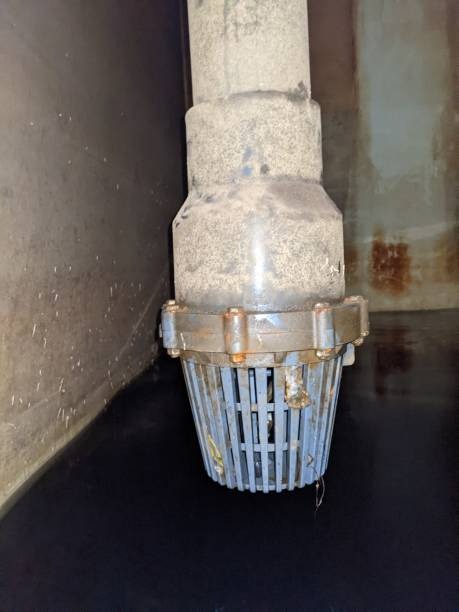
Let’s break this down. A foot valve is a type of check valve that sits at the bottom of a pump’s suction line, keeping the pump primed. The main job is to stop water from draining back down. Here, material choice is critical. The number one advantage of PVC is its corrosion resistance. If you are pumping well water with a high mineral content, or water from a pond for agriculture, PVC is the clear winner. Brass can suffer from dezincification, where minerals in the water leach zinc from the alloy, making it porous and weak. PVC is also significantly less expensive. The main advantage of brass is its ruggedness. It’s much tougher and can handle being dropped down a well casing or hit against rocks without cracking. For very deep wells or demanding industrial use where physical strength is paramount, brass is a safer choice.
PVC vs. Brass Foot Valve: Which to Choose?
| Factor | PVC Foot Valve | Brass Foot Valve | The Better Choice Is… |
|---|---|---|---|
| Corrosion | Immune to rust and chemical corrosion. | Can corrode (dezincification) in certain water. | PVC for most water. |
| Strength | Can crack from significant impact. | Very strong and resistant to physical shock. | Brass for rugged environments. |
| Cost | Very affordable. | Significantly more expensive. | PVC for budget-sensitive projects. |
| Application | Wells, pools, agriculture, aquaculture. | Deep wells, industrial use, high pressure. | Depends on your specific need. |
Do PVC ball valves fail?
You want to install a part and forget about it. But ignoring how a part can fail is a recipe for disaster, leading to leaks, damage, and emergency repairs.
Yes, like any mechanical part, PVC ball valves can fail. Failures are almost always caused by misapplication, such as using them with hot water or incompatible chemicals, physical damage like freezing, or simple wear on a low-quality valve.
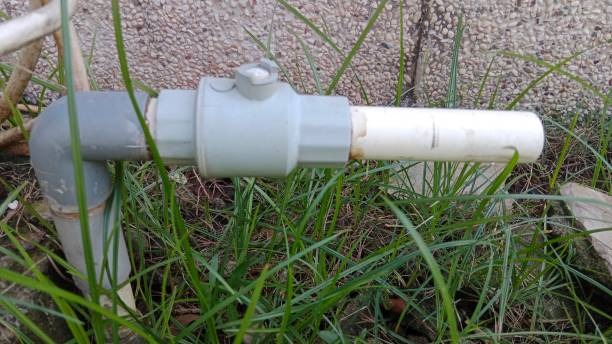
Understanding how they fail is the key to preventing it. The most catastrophic failure is the body cracking. This usually happens for one of two reasons: over-tightening a threaded fitting, which puts immense stress on the valve, or allowing water to freeze inside it. Water expands when it freezes, and it will split a PVC valve wide open. Another common failure is leaking. It can leak from the handle if the stem O-rings wear out—a telltale sign of a cheap valve. Or, it can fail to shut off completely. This happens when the ball or seats get scratched by grit in the pipeline or worn down by incorrectly using the ball valve to throttle flow. I always tell Budi to remind his customers: install it correctly, use it only for cold water shutoff, and buy a quality valve in the first place. If you do those three things, the chance of failure becomes incredibly low.
Common Failures and How to Prevent Them
| Failure Mode | Common Cause | Prevention |
|---|---|---|
| Cracked Body | Frozen water inside; over-tightening fittings. | Winterize pipes; hand-tighten then use a wrench for one more turn. |
| Leaking Handle | Worn or low-quality stem O-rings. | Buy a quality valve with double O-rings. |
| Won’t Seal Off | Scratched ball or seats from grit or throttling. | Flush lines before install; use only for on/off, not flow control. |
| Broken Handle | UV degradation on outdoor valves; using force. | Choose UV-resistant valves for outdoor use; if stuck, investigate why. |
Conclusion
High-quality PVC ball valves are very good, reliable, and long-lasting for their designed purpose. Understanding how to use them correctly and what causes failure is the key to a worry-free system.
Post time: Jul-14-2025


